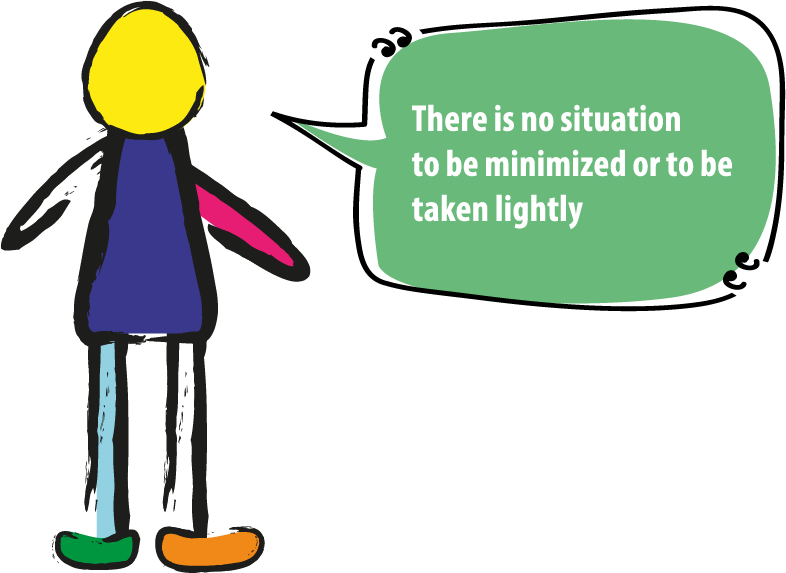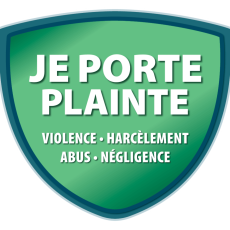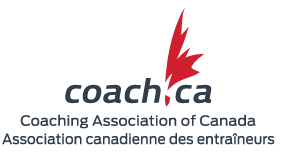Safe sport
At Quebec's sailing federation, our passion for sailing goes hand in hand with our commitment to safety, integrity and respect. As part of our mission, we have a responsibility to protect our members by providing them with a safe, fair and trusting environment.
It is in this context that Quebec sailing adopted its integrity policy, as well as a Code of Conduct setting out the main duties associated with the exercise of the sport of sailing and the activities that we govern.
In addition to Quebec sailing's Integrity Policy, several other resources exist to answer any questions or concerns regarding abuse, harassment, discrimination, mistreatment or anything that could jeopardize the maintenance of a safe, inclusive and healthy for all participants.
We encourage you to familiarize yourself with these resources and use them as a guide to ensuring safety and integrity in sailing. Together, it is our responsibility to keep sailing in Quebec an enriching, respectful and safe experience for everyone.
your ressources for a safe sport
(You can access different ressources by clicking on the images)
SPORT'AID
L’officier des plaintes
The Canadian Coaching Association
SportBienEtre.ca
What we do to ensure safe sport
Integrity and code of conduct
Every sailing instructor in Canada are subject to the Code of Conduct and the Integrity Policy of Quebec sailing in addition to that of Sail Canada. A high level of professionalism is taught and expected during their training.
Background check
Every instructor over the age of 18 must submit a criminal background check every 5 years in order to comply with Sail Canada's safety and integrity requirements.
Safe sport training
Every sailing instructors is required to complete the Coaching Association of Canada's sport safety training every 5 years.
Ethical decision-making training
As part of their training, VoileCAN instructors complete a training and an evaluation on ethical decision-making, a module developed by the National Coaching Certification Program (NCCP). This module equips instructors to face ethical issues with confidence, and evaluate the legal, ethical and moral implications of difficult situations that may arise in the world of sports.
Sail Canada is responsible for ensuring that its instructors respect the various standards through the necessary prerequisites to be able to pay the annual membership fee. Sail Canada is therefore making the security in sport training (valid for 5 years), the criminal record check (valid for 5 years), the ethical decision-making module (mandatory as part of the basic course for dinghy instructors) and signing the Sail Canada code of conduct mandatory.
The policies that make up the Sail Canada Safe Sport Policy Kit are the Universal Code of Conduct to Prevent and Counter Abuse in Sport, the Safeguarding Policy, the Social Media Policy, the Background Check Policy, the Whistleblowing Policy, the Discipline and Complaints Policy, the appeals and dispute resolution policy.
The Quebec Sailing Federation (FVQ) has an integrity policy which includes the responsibilities and rights of those involved, the filing and handling of complaints, resources and a code of conduct.
The Code of Conduct is an integral part of the Policy and binds the members of the Federation. Thus, it is the responsibility of each institutional member (clubs, schools, camps), member of the FVQ to inform its own members of the existence of the Integrity Policy and the Code of Conduct, and to have each sign a declaration by which he acknowledges having read the Policy and the Code of Conduct and adheres to its content.
It is also the responsibility of each institutional member to notify its members, through the declaration, that any failure to comply with any of the obligations contained in this Integrity Policy and its code of conduct is punishable by a sanction. Said sanction is imposed by the Integrity Committee in relation to a breach of the Integrity Policy, or by the Disciplinary Committee or the Club Board of Directors in relation to a breach of the Code of Conduct.
All members (institutional, individual, honorary) of the FVQ must make this Policy accessible to their own members upon their membership, in particular by indicating to them in writing that it exists and by publishing it on their website. We suggest that managers of sailing clubs and schools add it to their members' membership forms now, so that it is in place for next year.
Also, on the FVQ web page, the I file a complaint button is easily located. It refers to a standardized and fair reporting process where complaints are analyzed objectively and independently.







